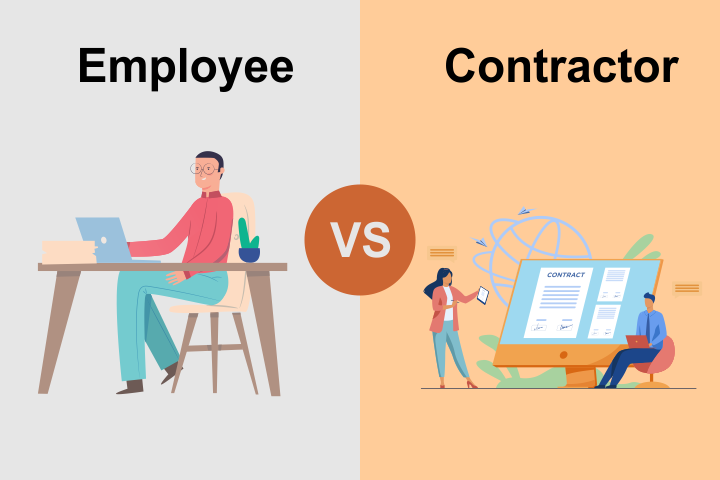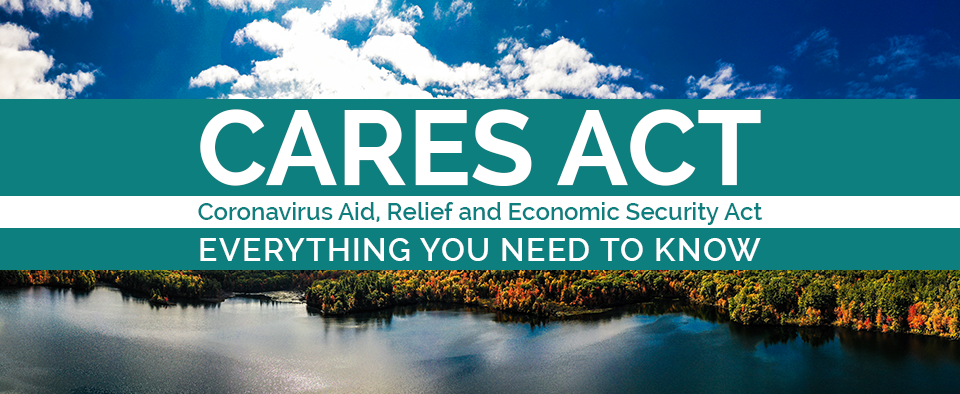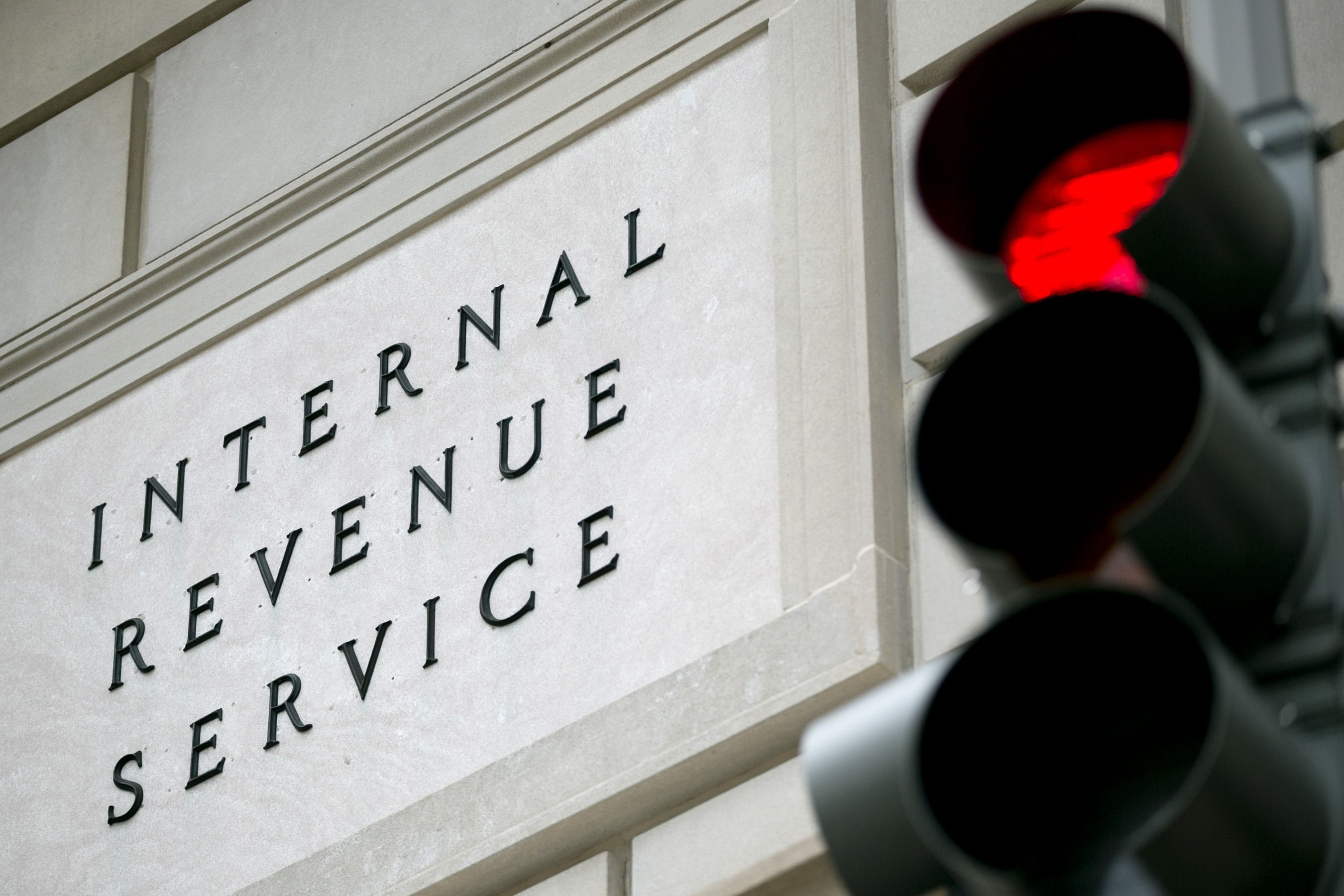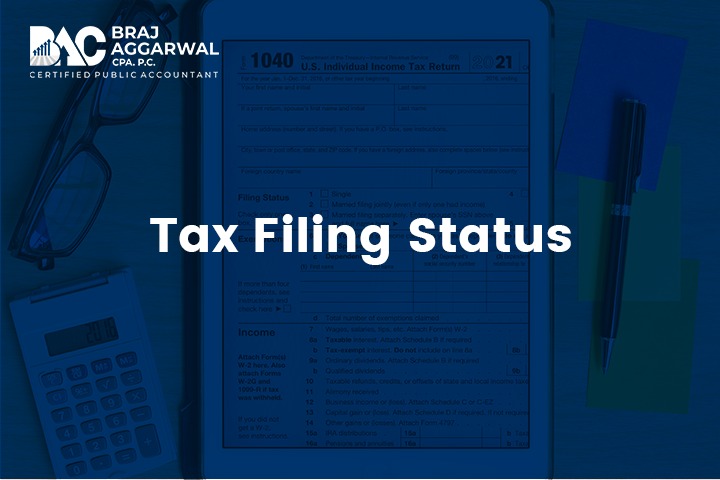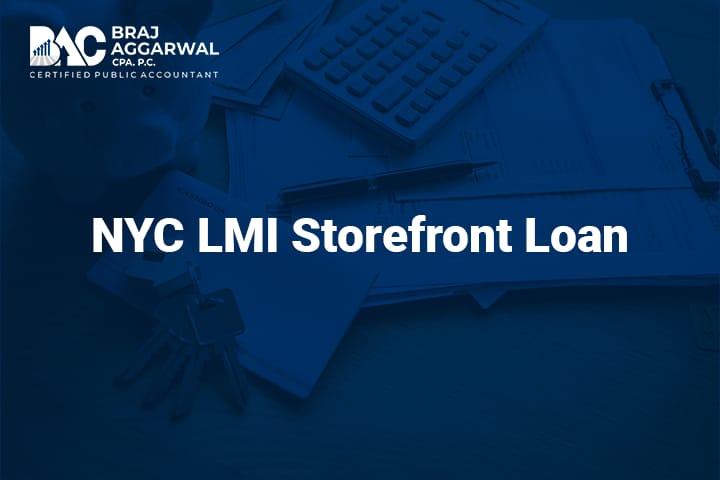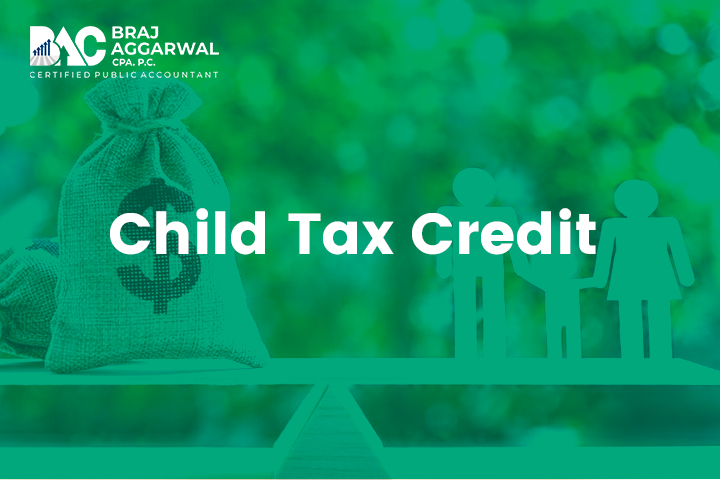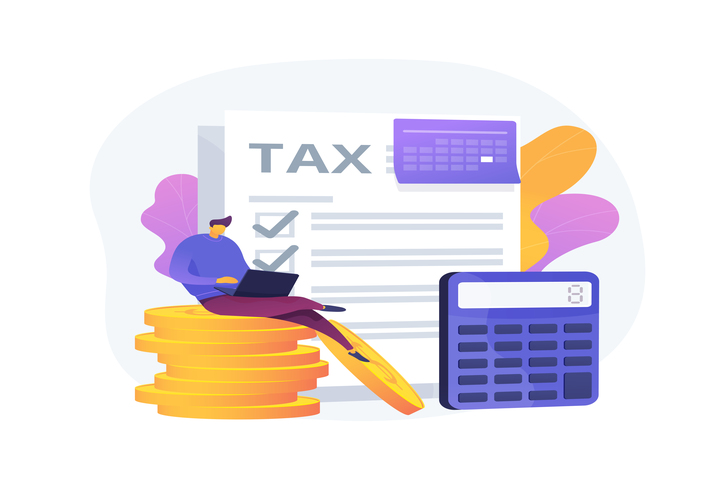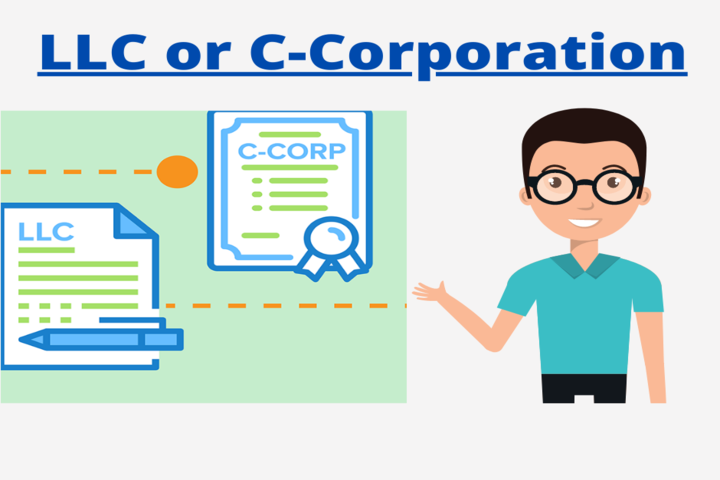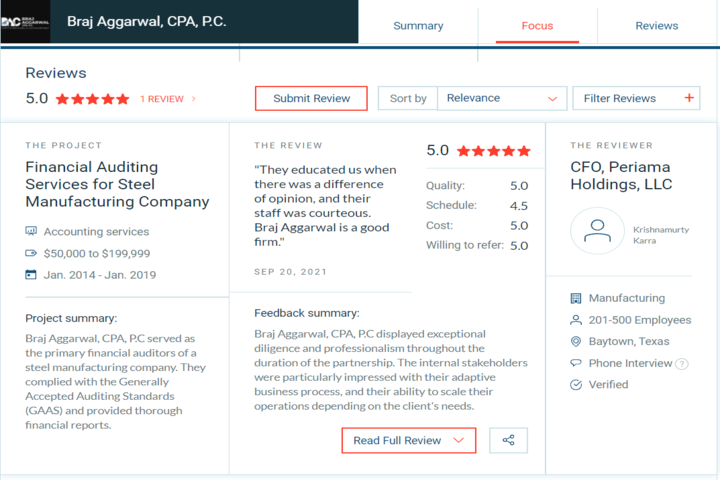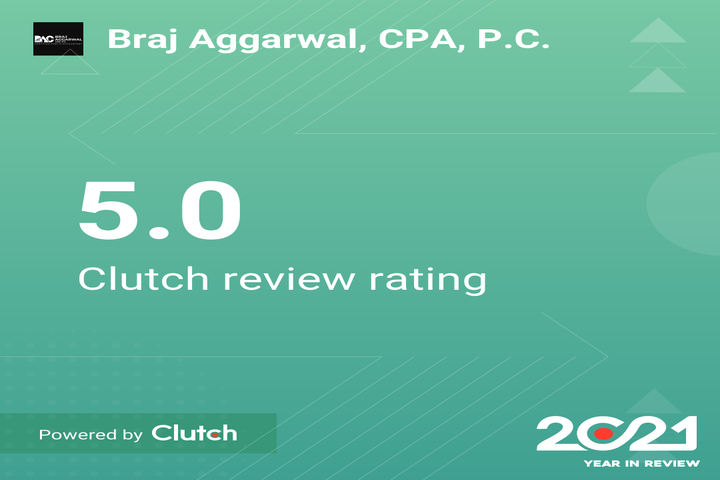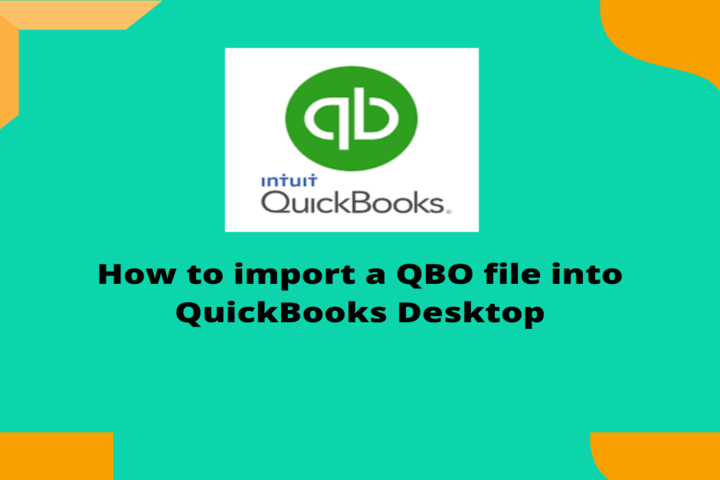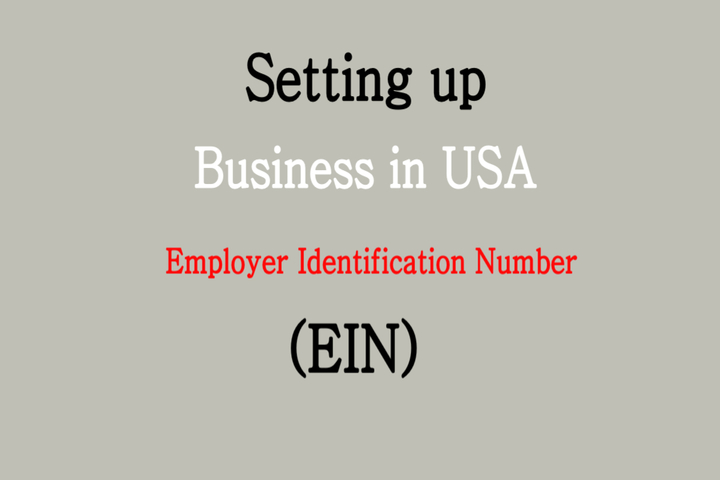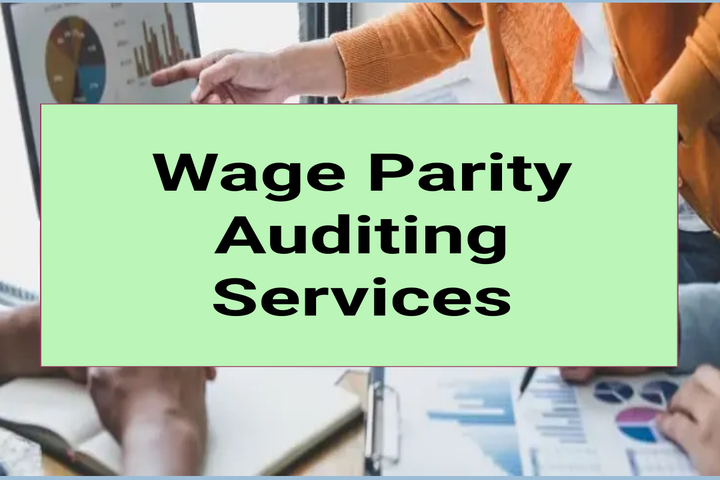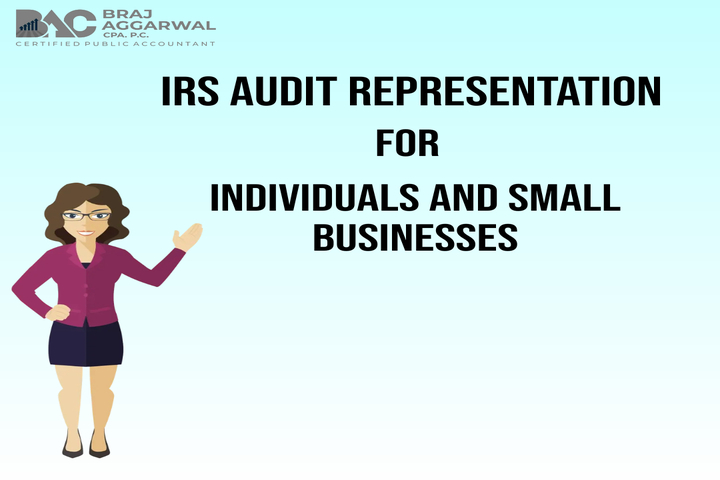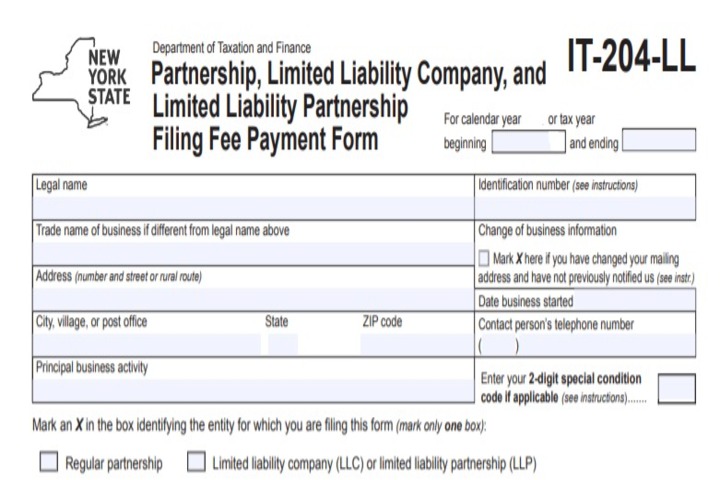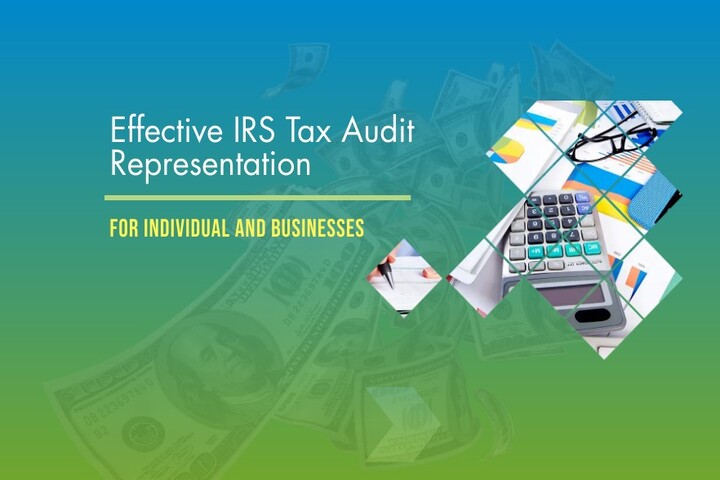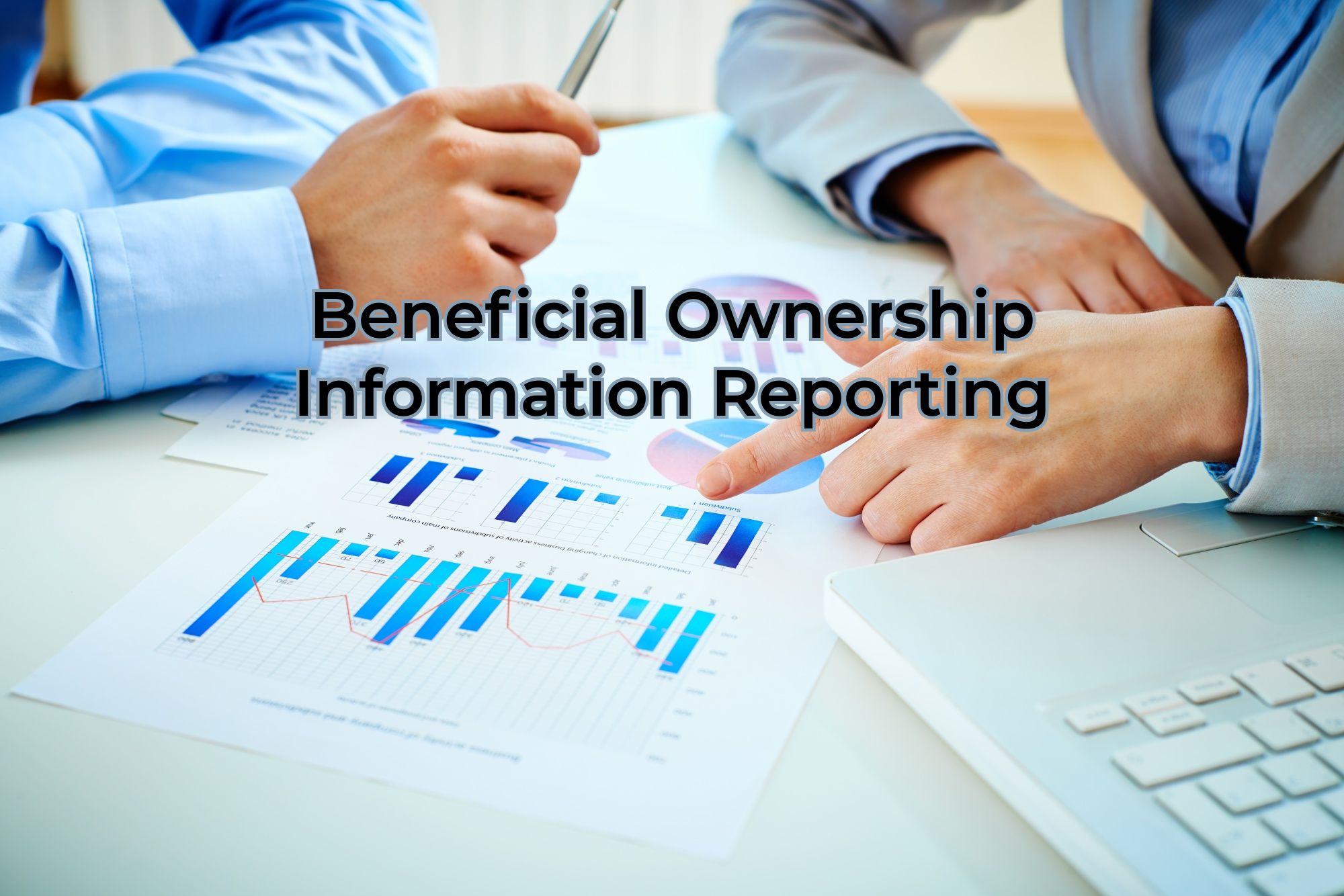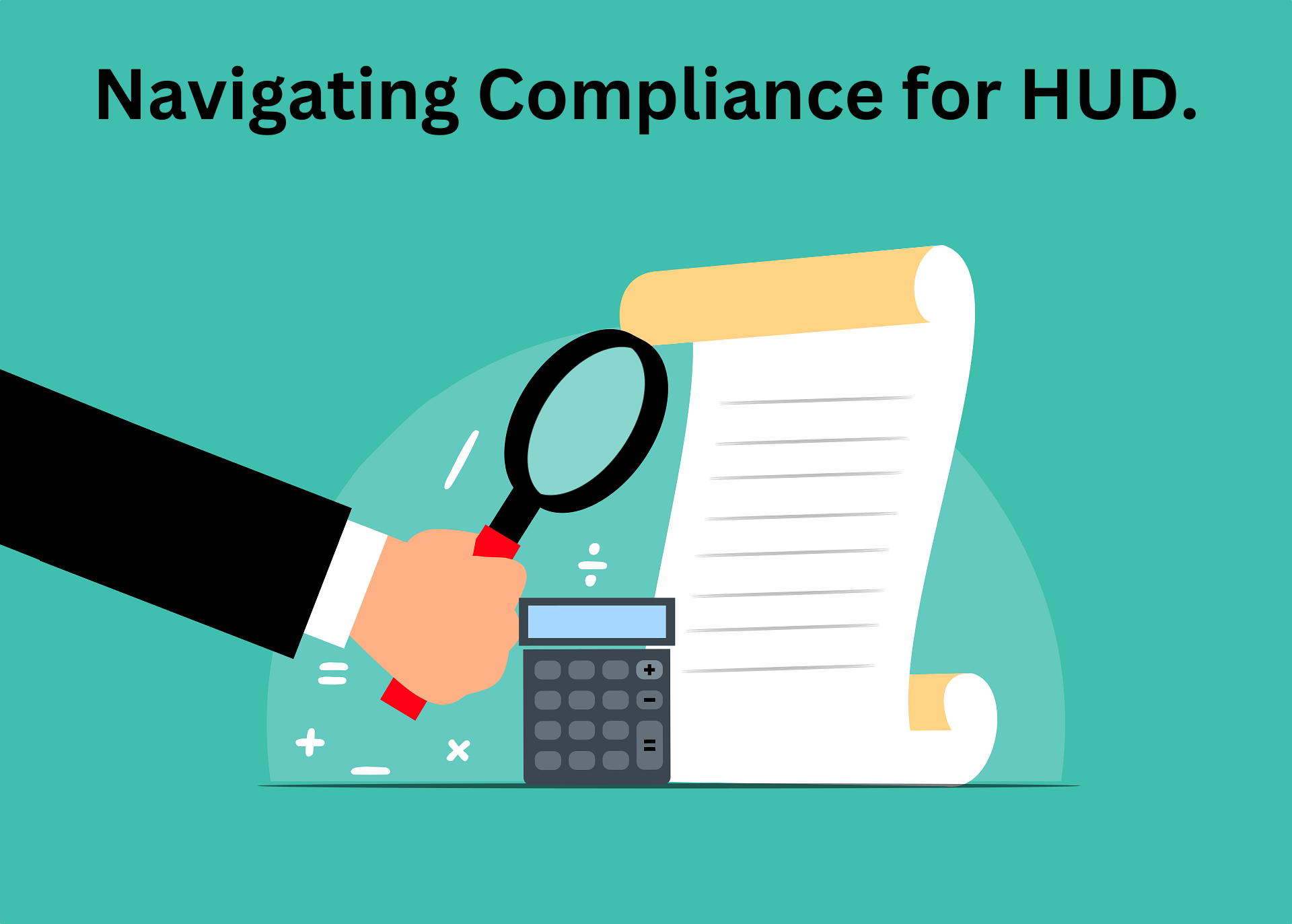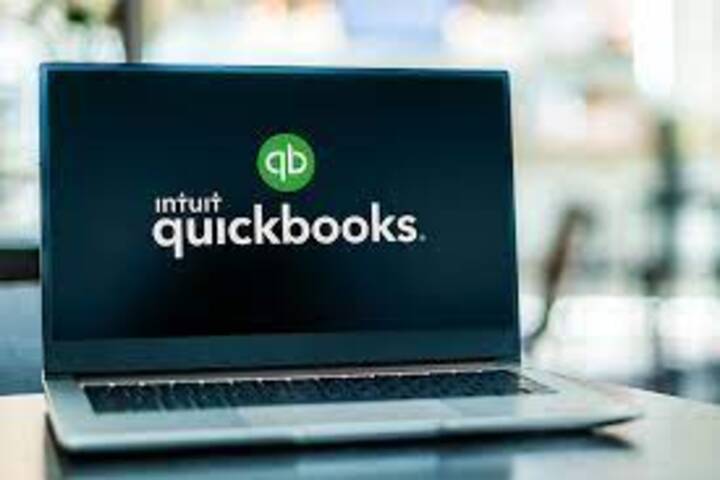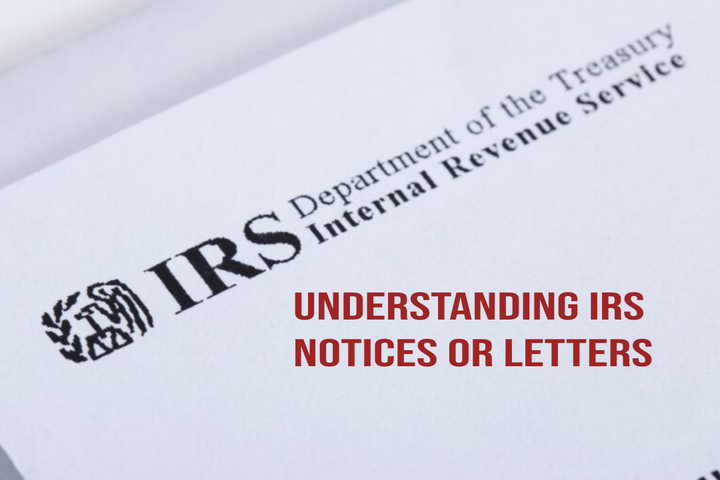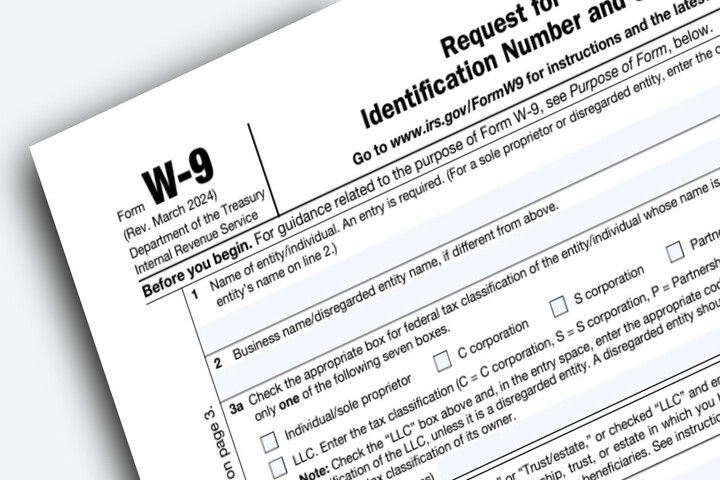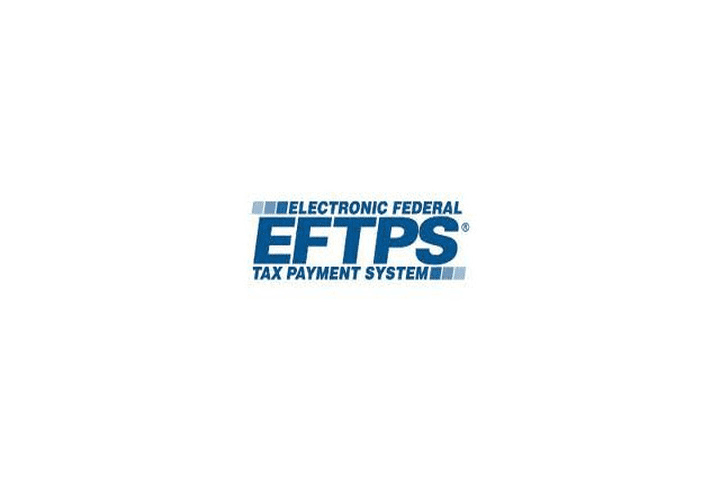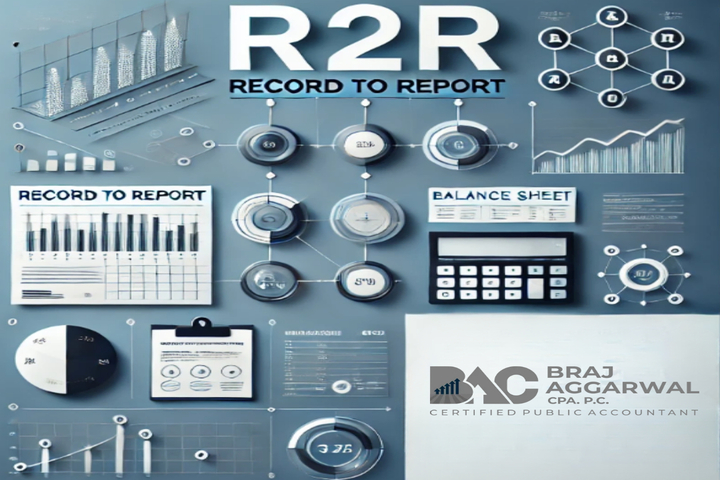The Housing Choice Voucher Program: Empowering Families Through Housing Assistance

What is section 8?
The Housing Choice Voucher (HCV) program, administered by local Public Housing Agencies (PHAs) under the U.S. Department of Housing and Urban Development (HUD), is initiative in providing affordable housing options for very low-income families, the elderly, and disabled individuals across the United States. This program helps the eligible households to secure decent, safe, and sanitary housing of their choosing, be it a single-family home, townhouse, or apartment.
Eligibility
Section 8 eligibility generally hinges on four main criteria outlined by the U.S. Department of Housing and Urban Development (HUD):
- Family status: Eligibility hinges on meeting HUD’s definition of ‘family,’ which varies by state.
- Income level: HUD establishes annual income thresholds (extremely low, very low, and low income) based on household size. Typically, income caps at 50% of the median income for the selected county or metropolitan area, with 75% of vouchers reserved for households below 30% of the area median income. HUD publishes varying median income levels by location, and local PHAs specify specific limits.
- Citizenship status: Only U.S. citizens or eligible non-citizens qualify; documentation is required.
- Eviction history: Recent eviction for drug-related crimes or methamphetamine production in assisted housing disqualifies applicants.
Applications involve gathering income, asset, and family composition details, which will be verified through local agencies, employers, and banks to determine eligibility and subsidy amounts. Eligible families are placed on a waiting list unless immediate assistance is available, with vouchers issued when their turn arrives.
Challenges of getting Assistance
When Section 8 is successful, it significantly improves the lives of low-income families, the elderly, and individuals with disabilities. However, finding reliable information online about the application process and receiving housing vouchers can be challenging. Several common obstacles and barriers include:
Complex application procedures: Many individuals inquire about immediate Section 8 access, but the reality is navigating the system is challenging, particularly for seniors, those with visual or hearing impairments, and non-native English speakers.
Lengthy waiting lists: While some households receive housing vouchers, many others remain on waitlists for years without consulting assistance.
Changing criteria: HUD updates income limits annually, potentially altering application eligibility abruptly. This can result in individuals being moved from the 'extremely low income' category to another group unexpectedly.
Discrimination concerns: Research suggests that racial and religious discrimination have unfairly prevented individuals from obtaining housing vouchers.
Housing vouchers - how do they function?
- Low-income families selected by the PHA have the opportunity to participate in the Housing Choice Voucher program to secure suitable housing based on their needs and family size eligibility.
- Families must search for housing where landlords are willing to participate in the program and ensure the properties meet PHA health and safety standards.
- Once families and landlords agree on lease terms, the PHA conducts an inspection to confirm that the agreed-upon rent is reasonable.
- The Housing Choice Voucher program, also known as Section 8, employs a payment standard established by local PHAs. This standard reflects average rental costs in the area and serves as a benchmark to guide subsidy amounts.
- Applicants for Section 8 vouchers undergo a financial assessment to determine their ability to afford rent relative to the payment standard.
- The payment standard aims to prevent low-income individuals and families from being limited to substandard housing in economically disadvantaged areas by providing adequate rental assistance.
- Importantly, the payment standard does not dictate the rent that landlords can charge or the portion families contribute towards rent; it solely guides the subsidy amount provided by the PHA.
- As part of the program, the PHA directly disburses a subsidy to the landlord on behalf of the voucher holder. Families are responsible for covering any rent amount exceeding the subsidy provided.
Roles - the tenant, the landlord, the housing agency and HUD
Once a PHA approves a housing unit for an eligible family, both the family and the landlord sign a lease. Simultaneously, the landlord and PHA enter a housing assistance payments contract for the same lease term. This arrangement means that all parties—tenant, landlord, and PHA—have specific obligations under the voucher program.
Tenant Responsibilities: Upon selecting a unit approved by the PHA, the family signs a lease with the landlord for at least one year, often including a security deposit. The tenant is expected to comply with the lease terms and program requirements, pay their share of rent promptly, maintain the unit's condition, and inform the PHA of any changes in income or family composition.
Landlord Responsibilities: Landlords participating in the voucher program must provide housing that is decent, safe, and meets sanitary standards at a reasonable rent. The unit must pass the program's housing quality standards and be maintained accordingly throughout the assistance period
PHA Responsibilities: The PHA oversees the local administration of the voucher program. It assists families in finding suitable housing and enters into contracts with landlords to make housing assistance payments on behalf of the families. If a landlord fails to meet lease obligations, the PHA may terminate assistance payments. The PHA conducts annual reviews of the family's income and composition and annually inspects each unit to ensure it meets minimum housing quality standards.
HUD's Role: HUD funds PHAs to make housing assistance payments and provides administrative fees for program management. HUD periodically invites PHAs to apply for additional funding to assist new families, awarding funds based on competitive applications. HUD monitors PHA administration to ensure compliance with program rules.
How Braj Aggarwal, CPA, P.C Can Help in HUD Audit
Braj Aggarwal, CPA, P.C. offers specialized expertise in conducting (Housing and Urban Development) HUD audits, ensuring that housing authorities and property managers comply with the stringent requirements set forth by HUD. Their services include thorough reviews of financial statements, internal controls, and compliance with HUD regulations, helping clients identify and rectify any discrepancies or areas of non-compliance. By leveraging their in-depth knowledge and experience, Braj Aggarwal, CPA, P.C. assists clients in maintaining accurate records and meeting all HUD audit standards, thereby enhancing transparency, accountability, and the overall effectiveness of housing assistance programs.



